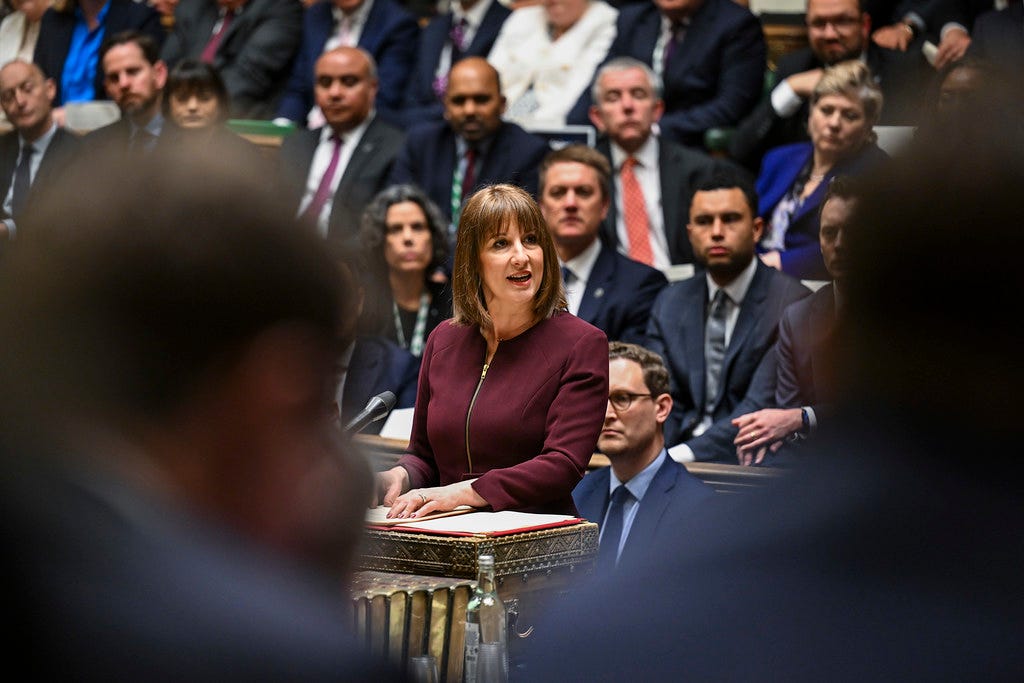Spring Statement - a view from the North: Taking the hardest hit and delaying inevitable bad news
The Teesside Lead editor and political journalist Leigh Jones digs into what the Chancellor had to say and what it really means for the northern regions.
It may be the most non-event fiscal event for years. Rachel Reeves’ Spring Statement held few surprises, having been trailed and drip-fed for weeks.
While there were no policy surprises in the statement, the illuminating detail came in how the Government chose to present its decisions.
“[…




